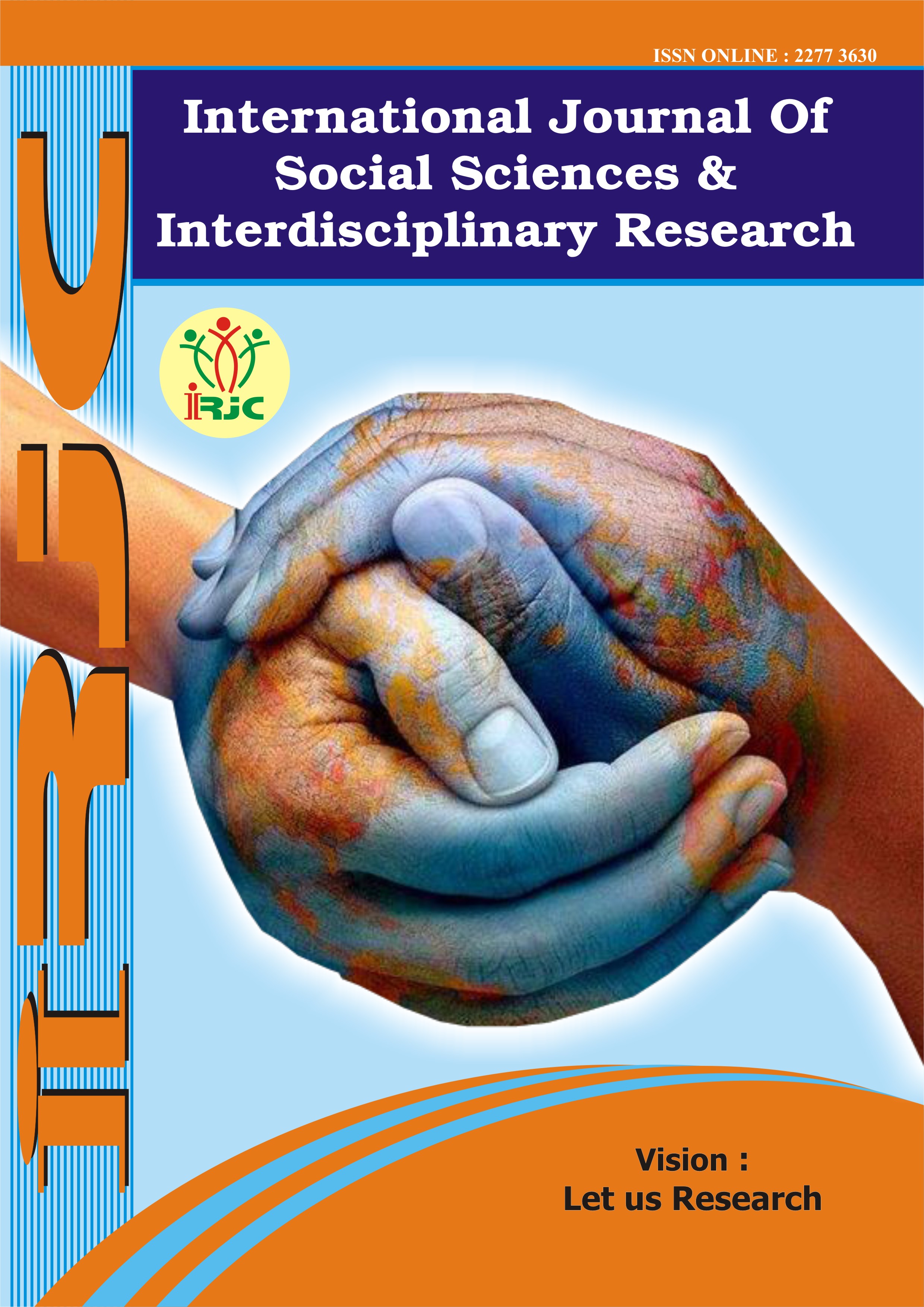PARTICIPATION OF PARENTS IN INCREASING CUSTOMER ORIENTATION OF PRESCHOOL EDUCATIONAL ORGANIZATIONS
Abstract
To study the influence of parental behavior on business strategy in increasing the customer orientation of preschool educational organizations, preschool educational institutions establish partnerships with parents and children's success in the educational system. they should develop mutual responsibility. In doing so, parental involvement is enhanced, parental efforts to support preschool organizations are encouraged, and they have a direct positive impact on a successful education system. Taking into account the importance of the participation of parents in the activities of preschool educational organizations, in this article we will analyze the impact of parental behavior on business strategy, the leading principles of successful cooperation between parents and preschool educational organizations are parenting, communication, We summarize the six factors of literacy, learning, decision-making, and community engagement, and six factors of advocacy, expertise, transfer, curriculum enrichment, consumerism, and collaboration. we will consider the models with the participation of parents. In addition, we draw conclusions and make recommendations on the impact of parental behavior on business strategy aimed at improving parental involvement.
References
Edwards, E. & Alldred, P. (2000). A typology of parental involvement in education centring on children and young people: negotiating familialisation, institutionalisation and individualization. British Journal of Sociology of Education, 21(3), 435–455.
Henderson, A., & Berla, N. (1994). A new generation of evidence: The family is critical to student achievement. Columbia, MD: National Committee for Citizens in Education.
Richardson, S. A. (2009). Principal’s perceptions of parental involvement in the “big 8” urban districts of Ohio. Research in the Schools, 16(1), 1–12.
Sanders, M. G. & Sheldon, S. B. (2009). Principals matter: A guide to school, family, and community partnerships. Corwin: A SAGE Company.
Sheldon, S. B. (2009). In School, family, and community partnerships: Your handbook for action. (3rd ed.). USA: Corwin Press.
Epstein, J. L. (1995). School, family, community partnerships: Caring for the children we share. Phi Delta Kappan, 77(9), 701–712.
Hill, N. E., & Taylor, L. C. (2004). Parental school involvement and childrens academic achievement: Pragmatics and issues. Current Directions in Psychological Science, 13(4), 161–164.
Williams, T. T., & Sanchez, B. (2011). Identifying and decreasing barriers to parent involvement for inner-city parents. Youth & Society, 45(1), 54–74.
Swap, S. M. (1993). Developing home-school partnerships. New York: Teachers College Press. Turnbull, A., Turnbull, R., Erwin, E. J., Soodak, L.C., & Shogren, K.A. (2011). Families, professionals and exceptionality. Boston: Pearson.
Downloads
Published
How to Cite
Issue
Section
License
Copyright (c) 2024 GEJournals

This work is licensed under a Creative Commons Attribution-NonCommercial-NoDerivatives 4.0 International License.





